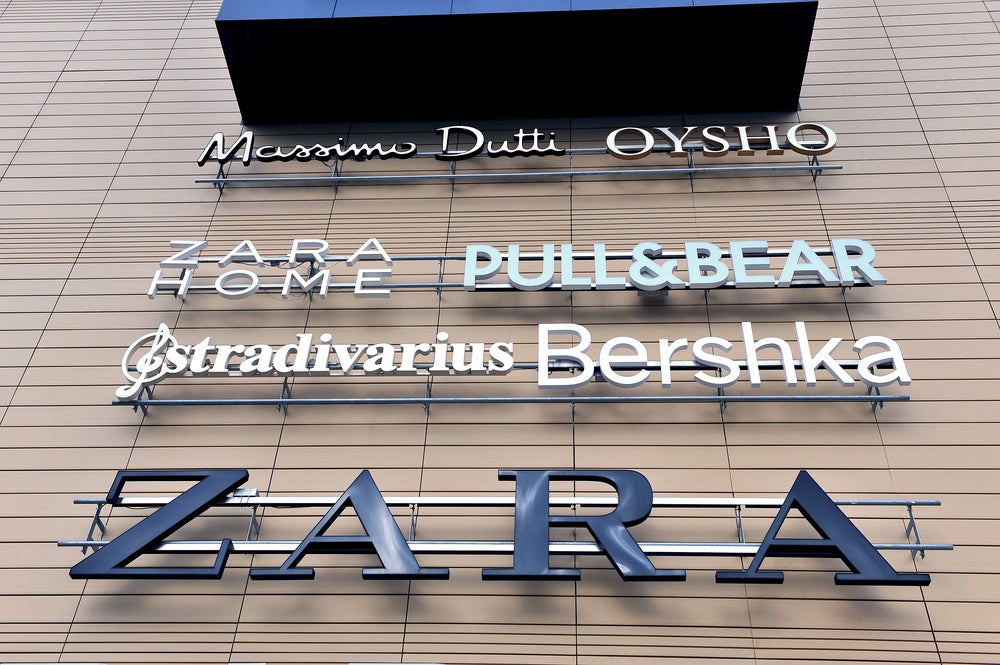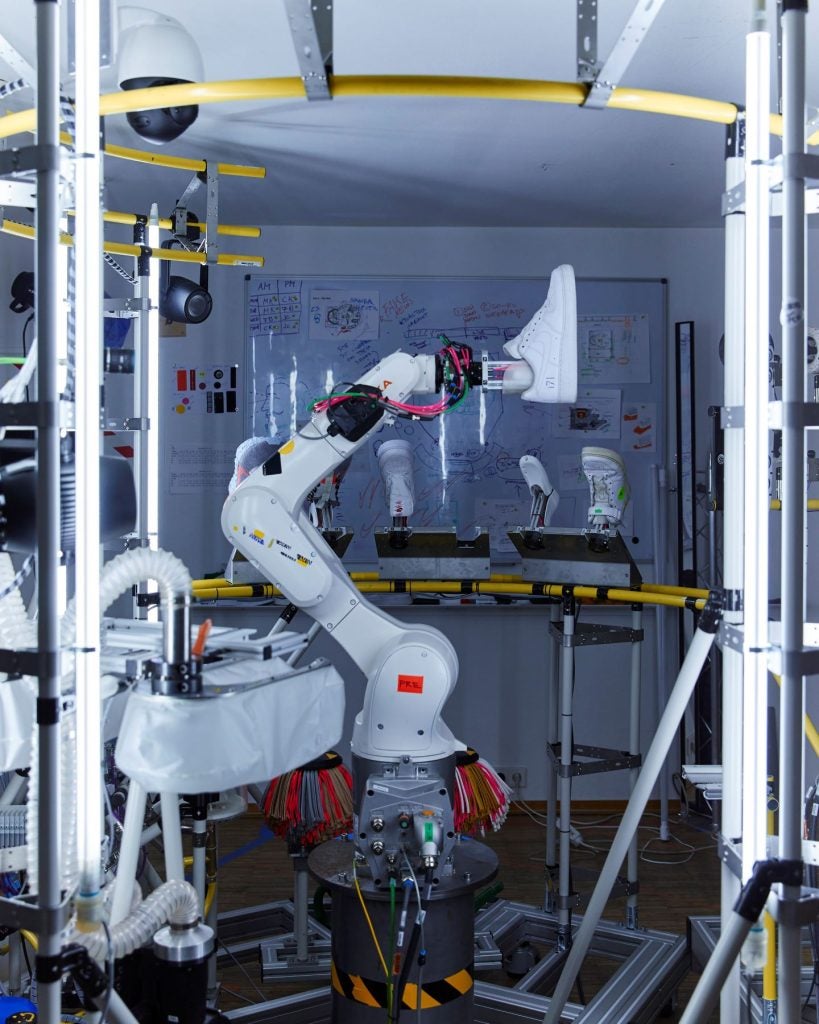The Supplier Cascade model seeks to address these challenges by promoting a cascade effect of climate action within supply networks.
Under this approach, organisations call upon their Tier 1 suppliers to commit to credible net-zero goals that align with scientific guidelines, publicly report their progress, and encourage their Tier 1 suppliers to follow suit. This chain reaction ensures that climate-conscious actions proliferate through successive tiers of the supply chain.
According to the We Mean Business Coalition, Scope 3 emissions represent a substantial portion, over 70%, of a company's carbon footprint. However, complexities in monitoring these emissions, especially upstream emissions, have posed a challenge.
The We Mean Business Coalition notes that companies often attribute a significant share of their Scope 3 emissions to upstream suppliers. Data from the CDP reveals that only 39% of these companies currently engage their suppliers on climate-related matters, and merely 0.04% require their suppliers to adopt Science Based Targets (SBTs).
“By joining the Supplier Cascade and encouraging their Tier 1 suppliers to do the same, businesses can send a clear message to incentivise action and increase organisational resilience,” said Maria Mendiluce, CEO of the We Mean Business Coalition.
“Businesses can also increasingly draw on the reporting of their suppliers – and suppliers draw on the reporting of their suppliers – to have more specific and available data on climate action in their upstream supply chain.”
Mendiluce added: “The Supplier Cascade does not require the visibility of the entire supply chain, it does not require deep technical knowledge so is more straightforward for buyers and procurement teams to implement, and it provides flexibility to business in how they want to engage and incentivise their suppliers.
“Importantly, once this approach has been taken to scale it generates climate action far beyond a company’s own supply chain.”















